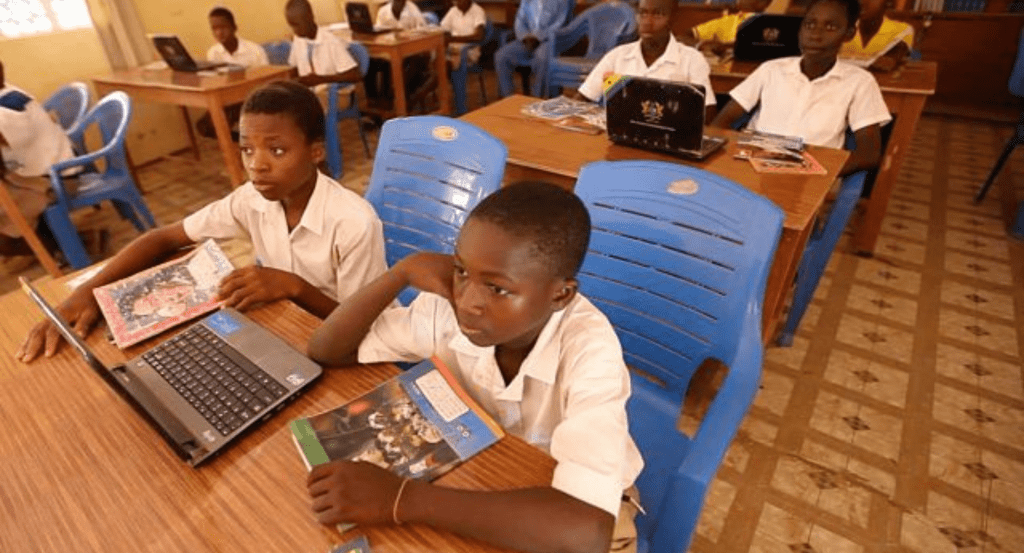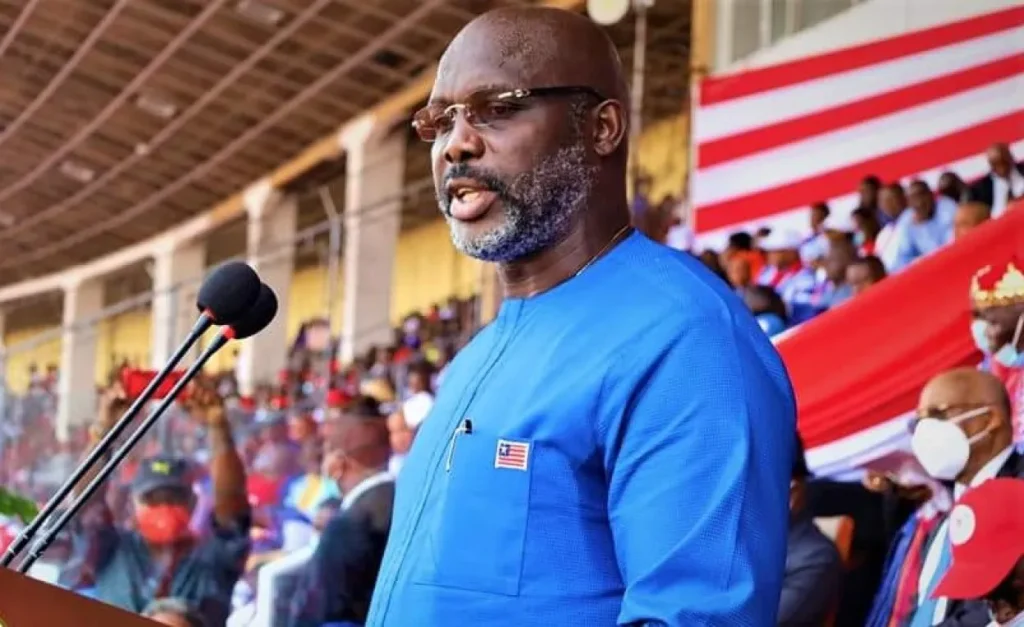In a significant move to enhance the quality of education in the country, the Ghanaian government has officially implemented new educational reforms as of January 10, 2023. These reforms are designed to address the challenges within the educational system, improve learning outcomes, and better prepare students for the demands of the 21st century.
The new reforms, announced by the Minister of Education, Dr. Yaw Osei Adutwum, include a comprehensive overhaul of the curriculum at both primary and secondary levels. The updated curriculum emphasizes critical thinking, problem-solving, and practical skills, shifting away from rote memorization that has characterized the previous system. This change aims to foster creativity and innovation among students.
As part of the reforms, the government has also introduced a new teacher training program that focuses on modern pedagogical techniques. Teachers will undergo professional development to equip them with the necessary skills to implement the revised curriculum effectively. This initiative is expected to enhance classroom engagement and improve student-teacher interactions.
Furthermore, the reforms aim to expand access to technology in schools. The government plans to provide digital resources and training to both teachers and students, facilitating a more interactive and engaging learning environment. Schools will receive tools and resources to integrate technology into their teaching practices, preparing students for a digital future.
Dr. Adutwum highlighted the importance of stakeholder involvement in this reform process. He emphasized that input from parents, teachers, and the broader community is essential for the successful implementation of the reforms. “Education is a collaborative effort, and we need everyone on board to make these changes effective,” he stated during a press conference.
The reforms have received mixed reactions from various stakeholders. While many educators and parents welcome the changes as necessary steps toward improving the educational landscape, some express concerns about the challenges of implementation, particularly in rural areas where resources may be limited.
In addition to the curriculum changes, the government has allocated additional funding to improve school infrastructure and provide learning materials. This financial commitment is aimed at ensuring that all schools, regardless of location, can benefit from the reforms.
As Ghana embarks on this transformative journey in education, the government remains committed to monitoring progress and making adjustments as needed to ensure that the reforms achieve their intended goals.






















